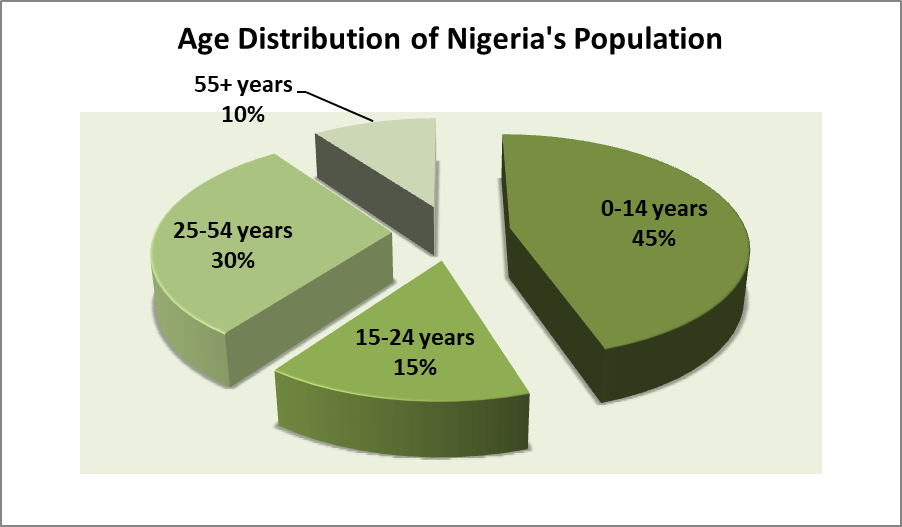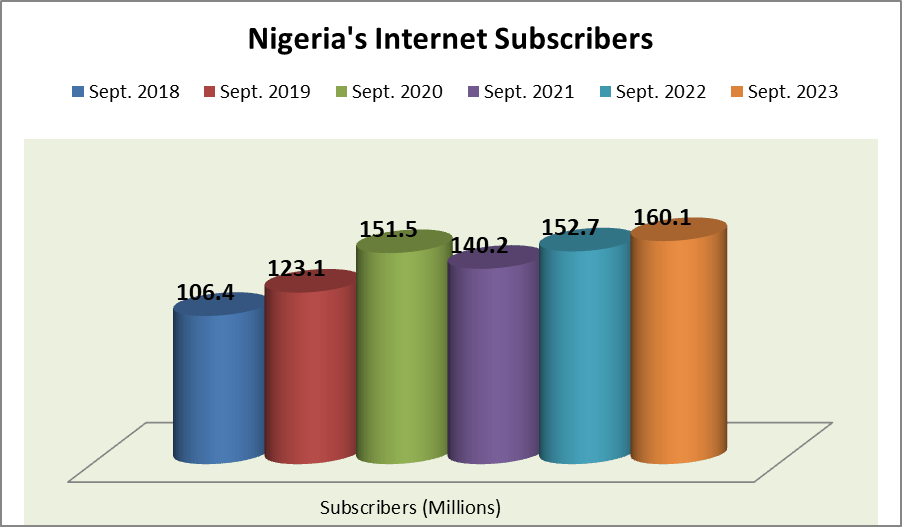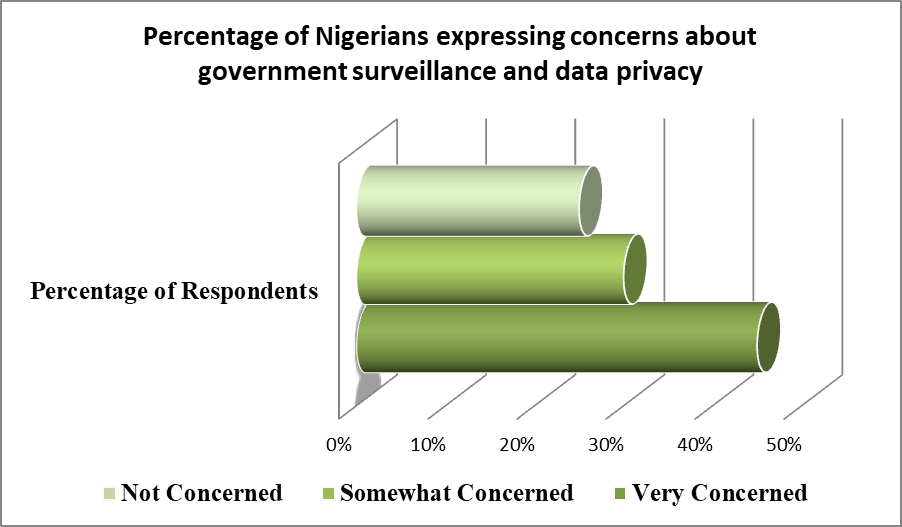Nigeria with a population of over 200 million, half of which is under 30, is undergoing a tech boom. However, very real fears are emerging about the effects this quick digital transition will have on democracy and human rights, especially concerning issues of data privacy, freedom of expression, and government surveillance.

Over the years, Nigeria has recorded some progress in accepting digital rights as human rights. The National Information Technology Development Agency (NITDA) keeps reiterating that access to information, privacy, and freedom of expression online are core components of a democratic society. These advancements notwithstanding, major hurdles still exist.
According to Luminate, 51% of Nigerians do not have control over their data and are thus exposed to threats against their digital rights. In 2021, the government’s ban on Twitter (now rebranded as X) questioned how much the government was committed to protecting civil liberties online and further showed just how fragile digital rights were in the country. X had removed a post made by President Muhammadu Buhari for violating its guidelines. The government reacted by banning the social media platform in Nigeria.

The Cybercrimes Act: A Double-Edged Sword
One of the most ambiguous laws in Nigeria as far as digital rights are concerned was Section 24(1) of the Cybercrimes Act of 2015.
This year, the Nigerian government amended the controversial Section 24 in response to an Economic Community of West African States (ECOWAS) Court of Justice order to remove words and phrases with which the authorities suppress free speech.
It used to be a crime to, according to the 2019 Constitution of the Federal Republic of Nigeria, publish anything the government termed as “annoying,” “grossly offensive,” “insulting,” “inflammatory,” or “needless anxiety” “negative,” thus resulting in arrests and detentions under Section 24 of the Act.
Data Privacy?
The increasing adoption of technology for governance and security in Nigeria has raised concerns about due diligence in surveillance and privacy. For instance, court warrants, which are required for lawful interception of communications, according to regulations established by the Nigerian Communications Commission (NCC), are sometimes not obtained. Critics are, therefore, of the opinion that the country does not have strong accountability mechanisms in place for these rules.
This is corroborated by Stears Data’s survey findings, in which 63% of respondents expressed concerns about the government’s unfettered access to their data. This worry is understandable as there are claims of commercial businesses and government organizations engaging in unauthorized data collection. Without a doubt, it is now high time to establish regulatory mechanisms for data protection, at a time when people are increasingly commodifying personal data.

The Role of Civil Society
Local nonprofits are promoting digital literacy and digital rights advocacy to help citizens deal with digital challenges like online freedom of speech and data privacy laws. For instance, Women in Technology in Nigeria (WITIN) is doing their part to close the gender gap in tech education.
There are other groups that defend digital rights and government accountability such as Privacy International, Access Now, Digital Rights and Information Partnership (DRIP), and other civil society organizations that point out the violation of digital liberties and provide legal defense to those who are persecuted by totalitarian laws.
The Digital Future We Want
Experts are calling for solid policies that prioritize citizens’ rights. They are recommending everything from beefing up data security and improving digital literacy to making sure everyone has a say in tech policy discussions. It is not the sole responsibility of the government or tech companies but of society itself, and that is everyone.






